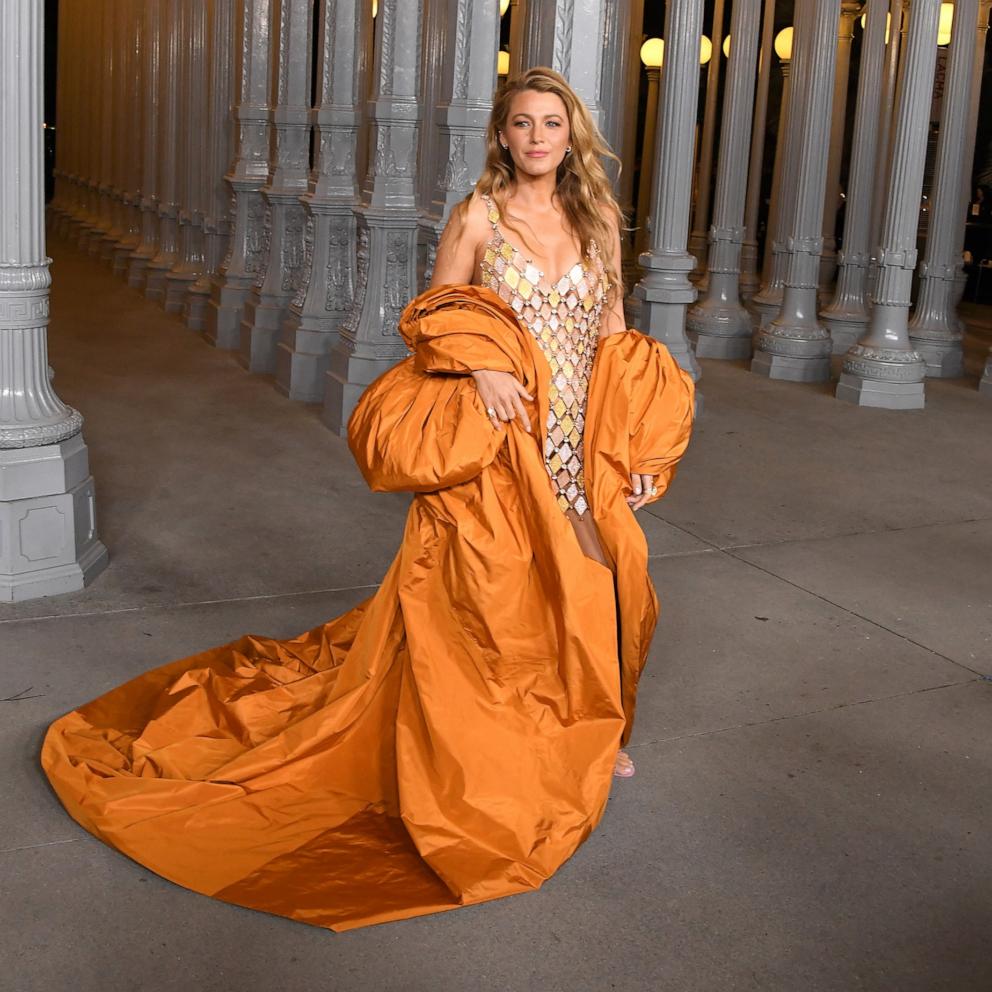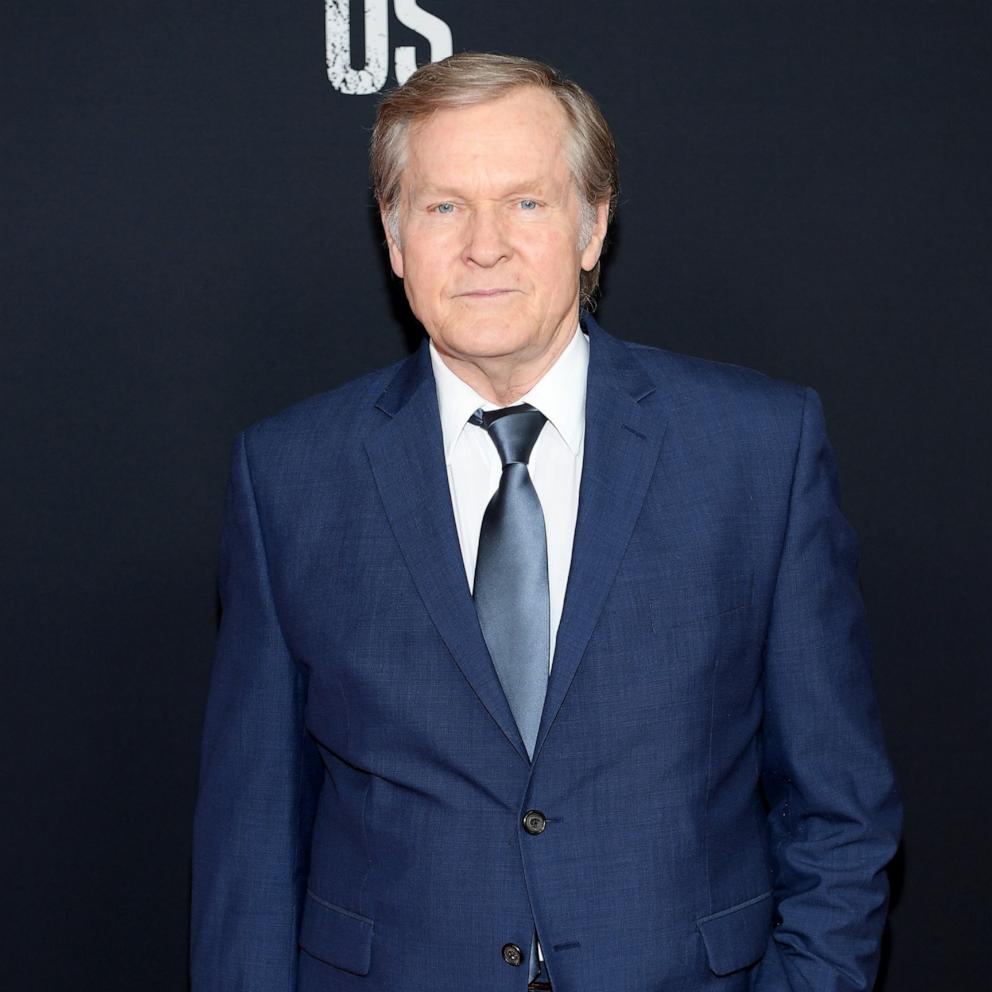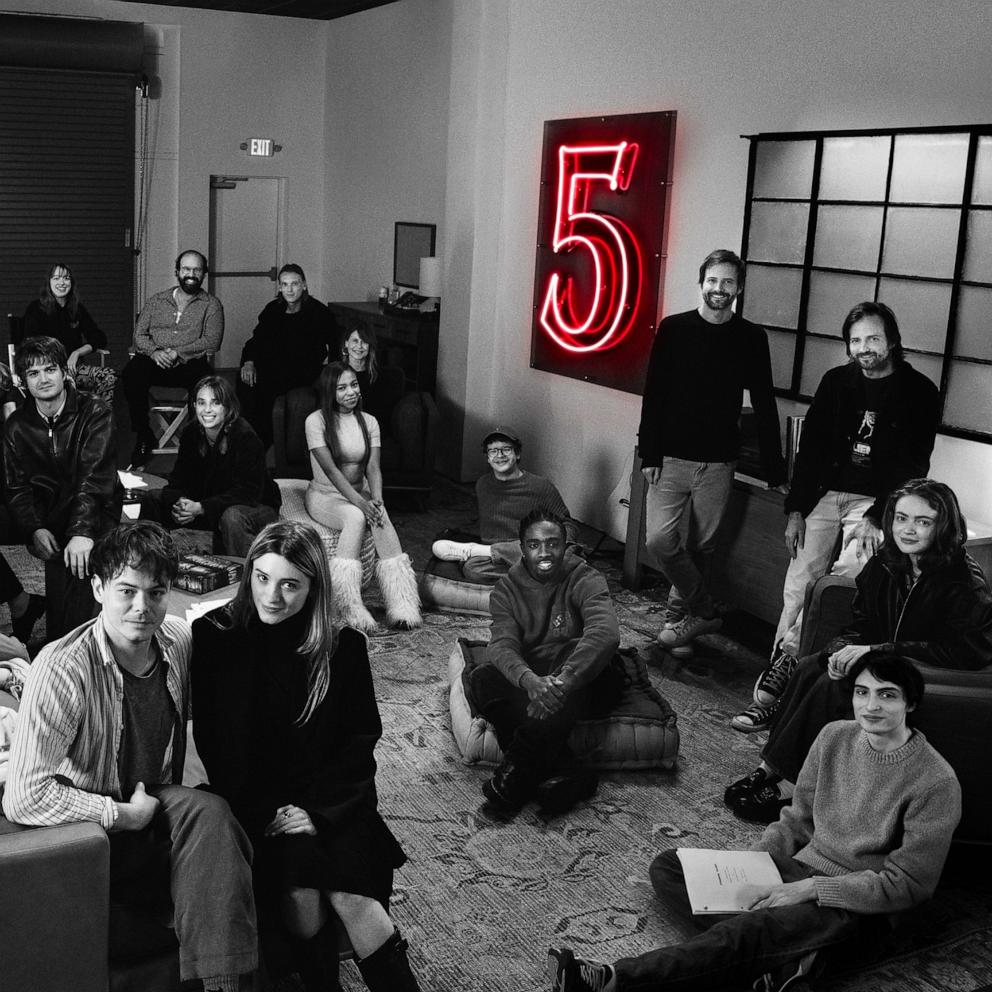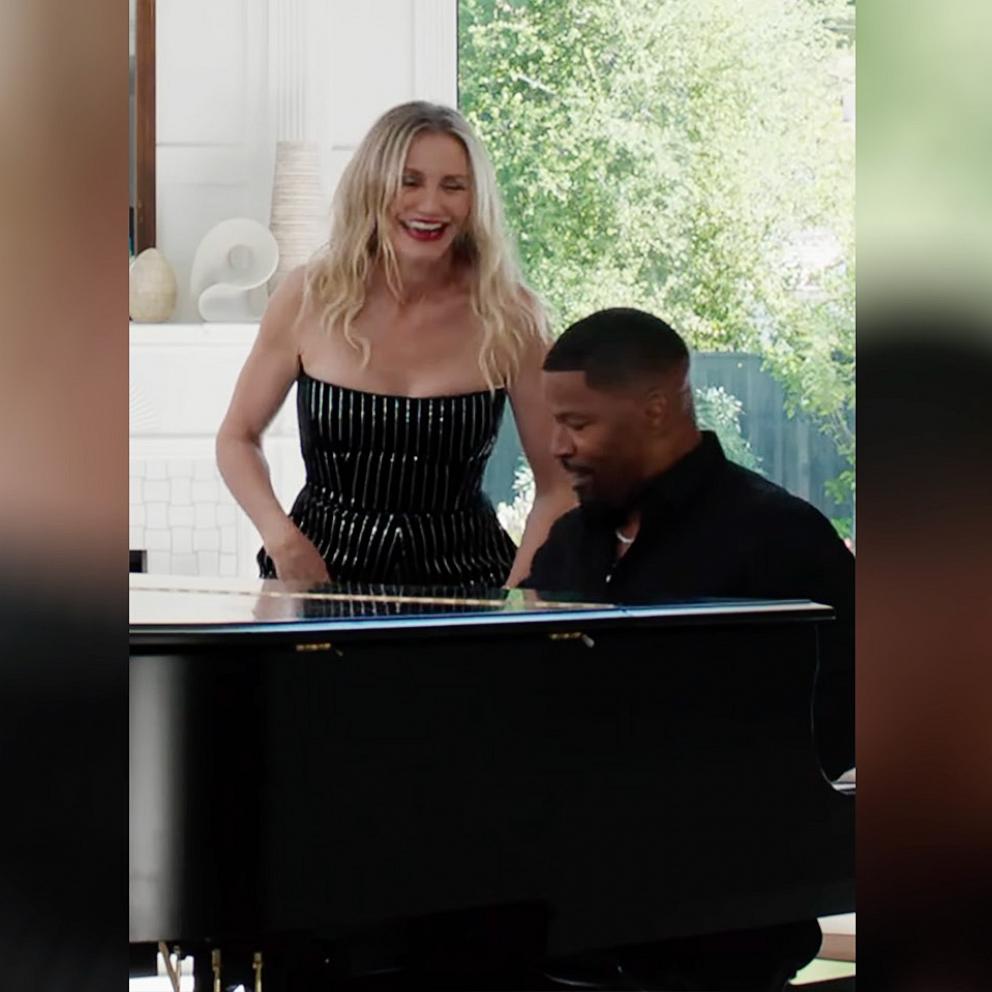White hip-hop artists navigate line between art and cultural appropriation
For over 50 years, the hip-hop world has presented fans with hits that have reflected Black culture.
But as the genre grew, several big-name white artists such as the Beastie Boys and Eminem rose to the top of the charts.
"In the '80s, the majority of hip-hop fans were urban Black kids. In the early '90s, it starts to shift and it becomes suburban white boys and the music industry shifts to cater to what they want," music journalist and author Touré told ABC News Live.
But as more white artists began to make a name for themselves on the radio, some, like Bubba Sparxxx, acknowledged that there is a very fine line to walk as they contribute to the genre they love without appropriating the Black culture that created it.

"As a white boy, there are certain doors that being white, that you’ll automatically get in, that perhaps no Black person or other race could ever get in. But there's also certain doors as a white boy that you can never get in. No matter what," Sparxxx, whose real name is Warren Anderson Mathis, told ABC News Live.
Touré said the first mainstream white hip-hop group was the Beastie Boys, who broke out with their 1986 album "Licensed to Ill." Touré noted that the band mixed punk and hip-hop and introduced the latter genre to others.
"For a lot of people, the Beastie Boys are a gateway drug. They brought a lot of white fans in who loved the Beasties and then become genuine fans of other artists," he said.

While some white artists like Vanilla Ice had success with their hip-hop albums, Touré said that the hip-hop community saw their acts as not fully embracing the genre's Black roots.
"The Beastie Boys seem to be wanting to be part of hip-hop culture and the hip-hop community. Vanilla Ice was clearly not," he said.
Eminem's breakout success in the late '90s was mostly welcomed within the Black community, Touré said, because not only was he talented, but he showed respect for the Black artists who led the way before him, including Dr. Dre, who discovered and produced some of his work.
However, music experts said the widespread popularity of hip-hop has raised questions about who can and should thrive in a space created by Black artists.

In 2014, the Grammys sparked controversy among fans after Macklemore and Ryan Lewis beat out Kendrick Lamar for Best Rap Album.
Macklemore reportedly texted Lamar after the ceremony telling him, "You got robbed."
Bay Area hip-hop artist G-Eazy told ABC News Live he is aware that the privilege he has as a white man has benefited his career. However, the artist, whose real name is Gerald Earl Gillum, said he makes it a point to honor the Black community in his albums.
"As a white person in hip-hop now…I get to contribute to a culture that I grew up in and that I have a great love and respect for. And I'm very appreciative and grateful for, like, all that I've gotten to do in this space," he said.

G-Eazy noted that he has had fellow Bay Area artist E-40 on every album he's put out and continues to collaborate with other Black artists in the genre.
"At the end of the day, doing things with true intention and for the right reasons with integrity, it's the place I come from," he said.




